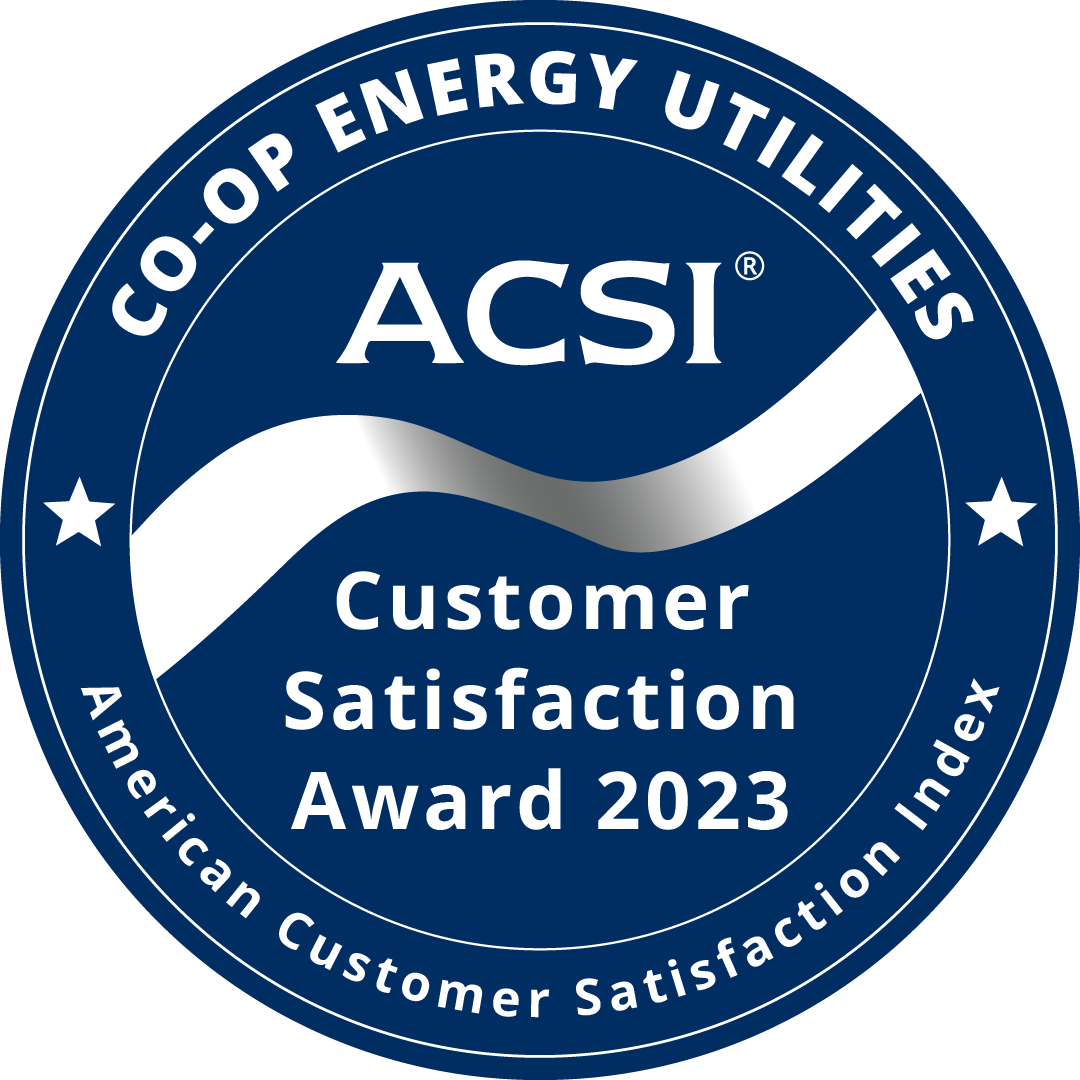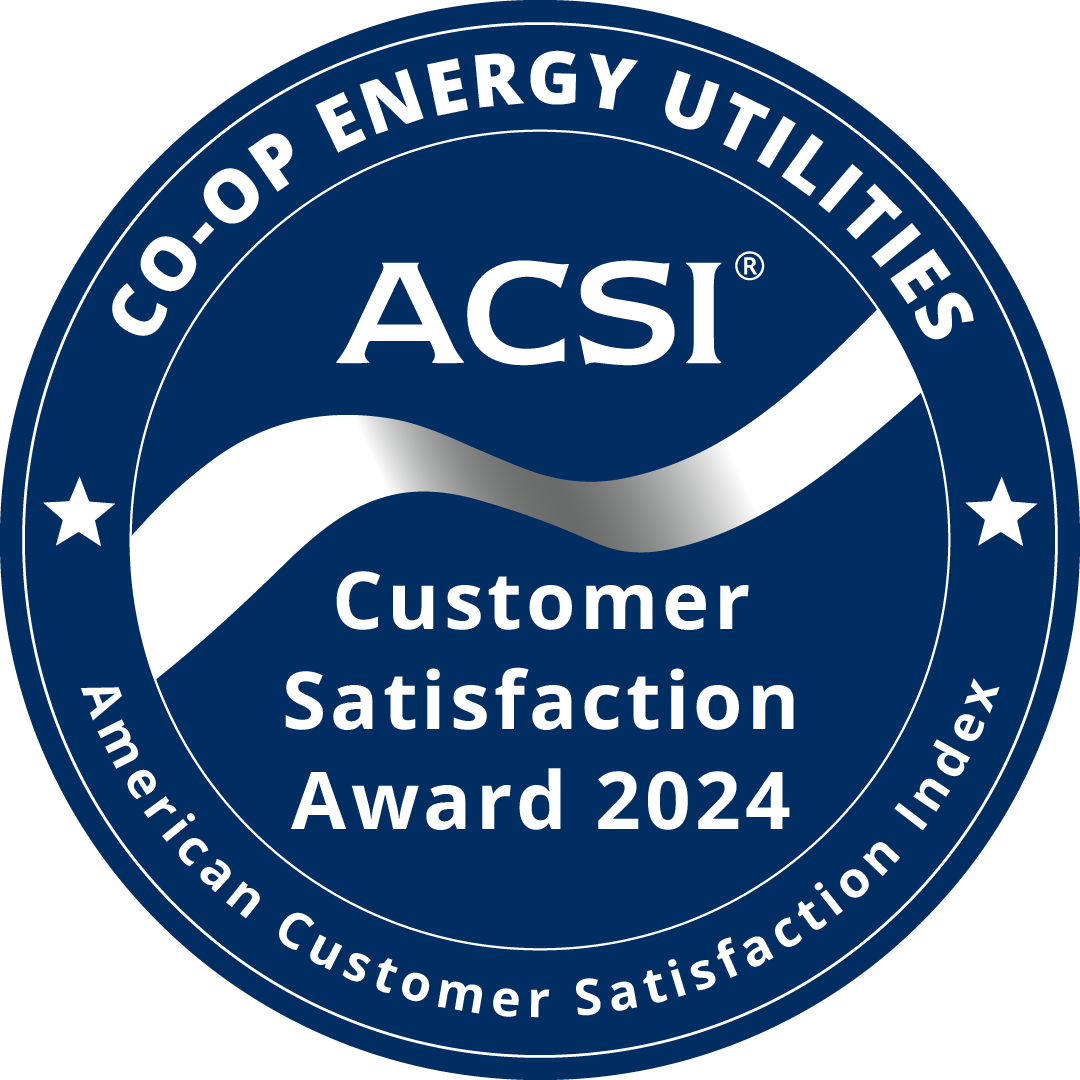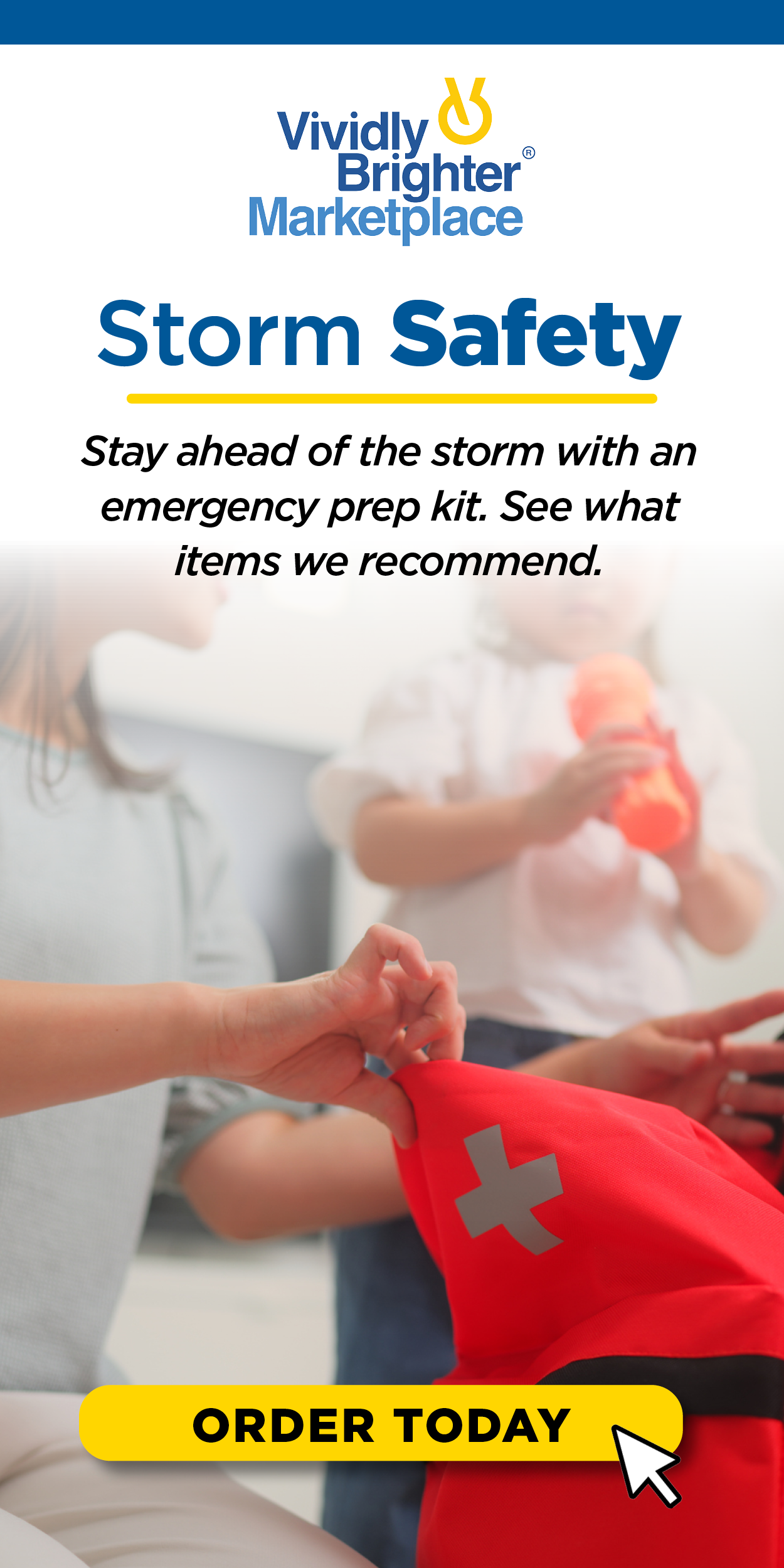At REC, the safety of our employees and member-owners is always our top priority.
When a storm hits, our crews are ready to respond to make repairs and restore service as quickly and safely as possible.
We urge you to keep your family safe after a storm by keeping the following tips and guidelines in mind.
Lightning
- Move to a low point. Lightning hits the tallest available object, so get down low in a crouched position if you are in an exposed area.
- Stay away from trees.
- Avoid metal. Don't hold onto metal items such as bats, golf clubs, fishing rods, tennis rackets or tools. Stay away from metal sheds, clotheslines, poles and fences.
- Stay away from water, including pools, lakes, puddles and anything damp - like grass.
- Don't stand close to other people. Spread out.
Not necessarily, but sometimes. If you feel a tingling sensation or your hair stands on end, lightning may be about to strike. Do not lie down. Instead, crouch down, tuck your head and cover your ears.
Slow down and use extra caution. If possible, pull off the road into a safe area.
Do not leave your vehicle during a thunderstorm. A vehicle is considered safe during a thunderstorm if it is fully enclosed with a metal top such as a hard-topped car, minivan, bus, truck, etc. While inside a safe vehicle, do not use electronic devices, such as radio communications.
Follow these indoor lightning safety tips to help keep your family safe inside while it's storming
outside:
- To avoid lightning strikes, stay away from windows and doors.
- If possible, unplug electronic equipment before the storm arrives. Avoid contact with electrical equipment and cords during storms.
- Avoid contact with water and plumbing, including sinks, baths and faucets.
Use corded telephones only for emergencies. You can use cordless or cellular phones.
Doghouses are not lightning-safe, and chained animals can easily become victims of lightning strikes. You should bring your pets inside to protect them.
Power Lines
If you see a downed power line, move at least 10 feet away from the line and anything touching it. The human body is a ready conductor of electricity. The proper way to move away from the line is to shuffle away with small steps, keeping your feet together and on the ground at all times. This will minimize the potential for a strong electric shock. Electricity wants to move from a high voltage zone to a low voltage zone and it could do that through your body.
If you see someone who is in direct or indirect contact with the downed line, do not touch the person. You could become the next victim. Call 911 instead.
Do not attempt to move a downed power line or anything in contact with the line by using another object such as a broom or stick. Even non-conductive materials like wood or cloth, if slightly wet, can conduct electricity and then electrocute you.
Do not drive over downed power lines.
If you are in your car and it is in contact with the downed line, stay in your car. Tell others to stay away from your vehicle. If you must leave your car because it's on fire, jump out of the vehicle with both feet together and avoid contact with the live car and the ground at the same time. This way you avoid being
the path of electricity from the car to the earth. Shuffle away from the car.
Water is a good conductor of electricity. Any amount of water - even a puddle - could become energized. Be careful not to touch water - or anything in contact with the water - near where there is a downed power line.
Flooded Areas
Ocean water and salt spray can be particularly damaging to electrical equipment due to the corrosive and conductive nature of the salt water residue. Damage to electrical equipment can also result from exposure to flood waters contaminated with chemicals, sewage, oil, and other debris.
No matter what caused the flood, electrical appliances should be examined by a qualified service repair dealer before being re-energized, and electrical items that were submerged should be discarded and replaced by a licensed, qualified professional.
Yes downed power lines or submerged outlets from adjacent homes could energize the water. Use extreme caution when entering any flooded area.
Wet Electrical Equipment
Yes - they still apply. Do not use electrical appliances that have been wet until they have been examined by a qualified service repair dealer. Water can damage the motors in electrical appliances, such as furnaces, freezers, refrigerators, washing machines and dryers.
The National Electrical Manufacturers Association (NEMA) has produced a brochure, "Guidelines for Handling Water Damaged Electrical Equipment" for use by suppliers, installers, inspectors and users of electrical products to provide advice on the safe handling of electrical equipment that has been exposed to water. The NEMA brochure may be downloaded free of charge at: www.nema.org/stds/water-damaged.cfm.
Post-Evacuation
Do NOT return home until instructed by the appropriate local authorities.
Once they give the go-ahead:
- Return home during daylight hours, especially if power has not been restored.
- If you smell gas, leave the premises and notify emergency authorities immediately. Do not turn on lights, light matches, or engage in any activity that could create a spark.
Yes. Even if you have been authorized to return home, you should still take precautions to protect yourself from electrical hazards posed by downed power lines, flooded areas and water-damaged appliances and electrical equipment.



